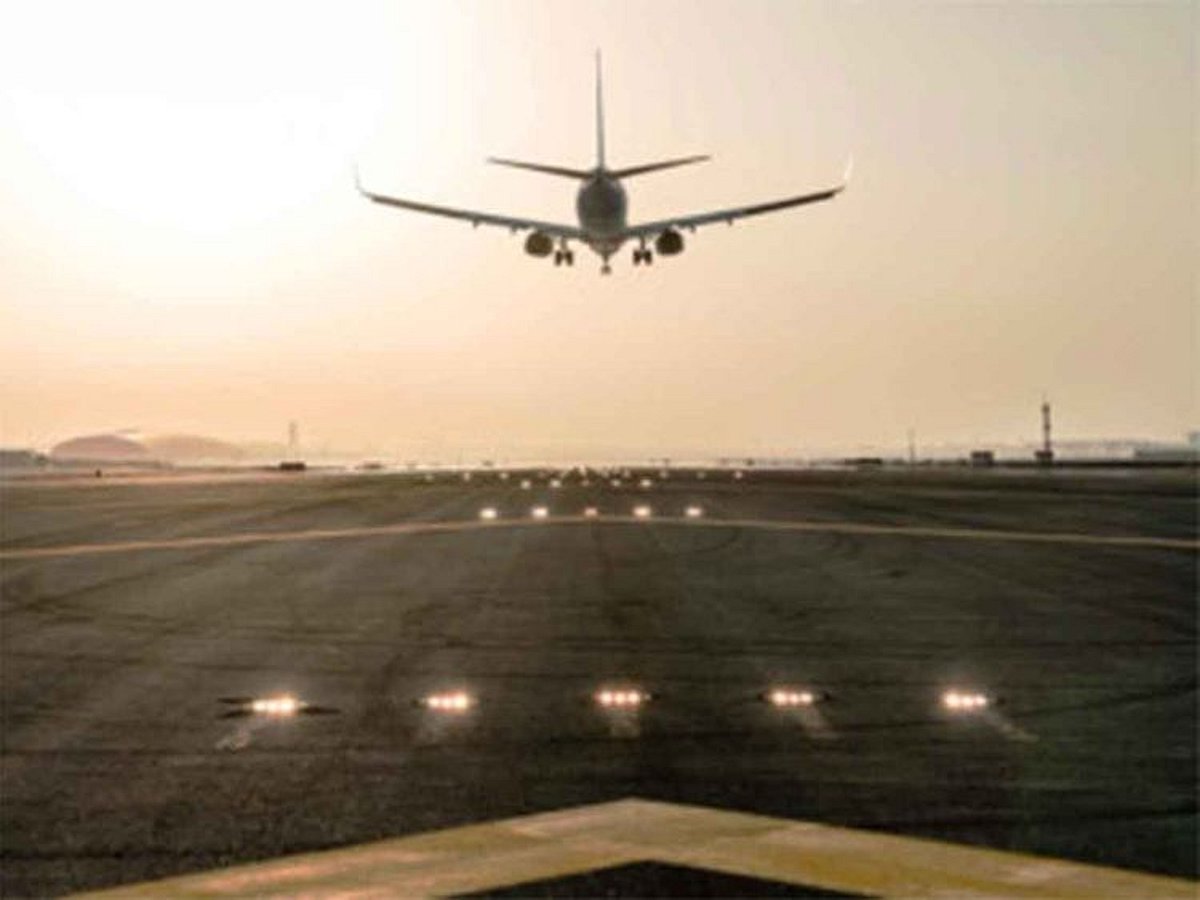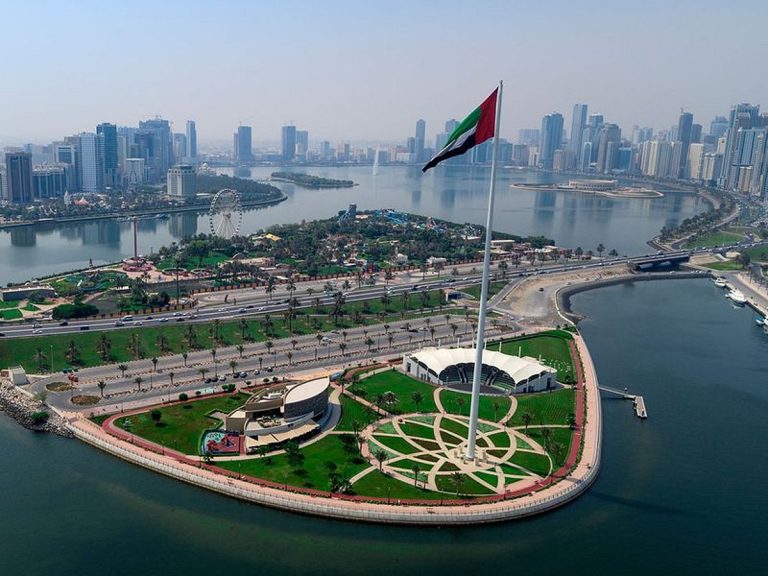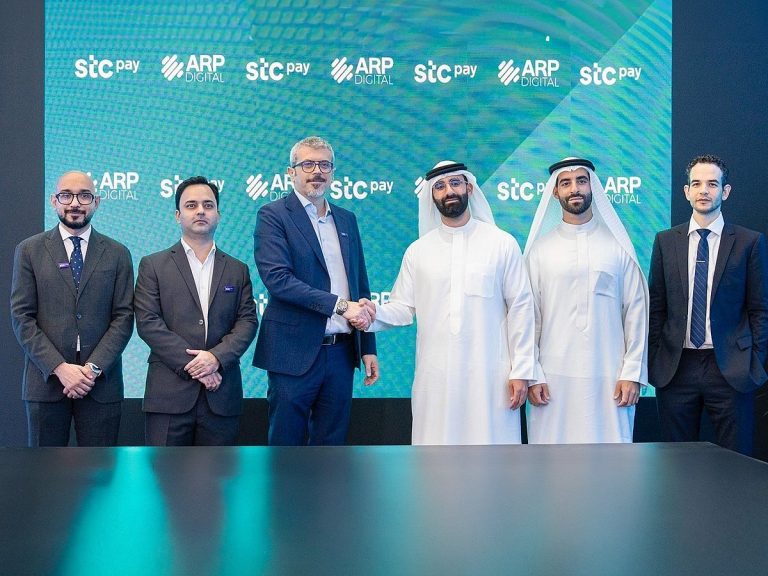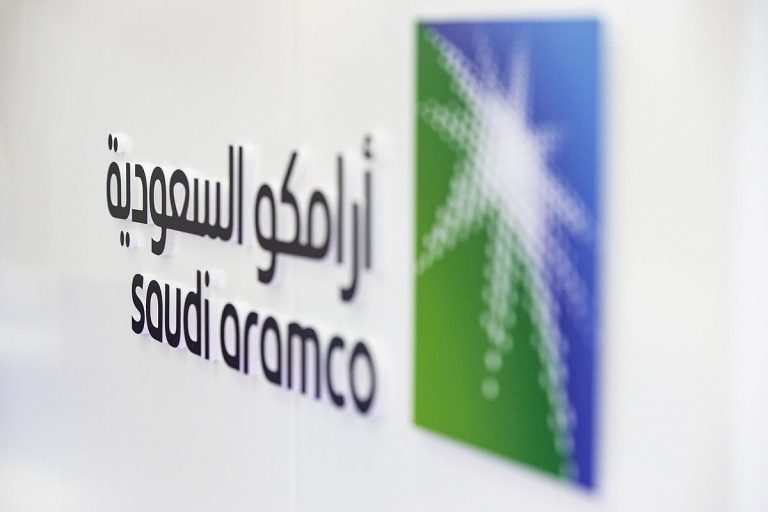UAE GCAA Launches AI Strategy for Aviation Services
The General Civil Aviation Authority (GCAA) of the UAE has introduced an ambitious artificial intelligence strategy aimed at revolutionizing aviation services across the nation. This initiative promises to enhance customer experiences, streamline booking processes, and expedite airport procedures, marking a significant step forward for the aviation sector.
AI Integration and Operational Enhancements
During the announcement, GCAA Director General Saif Mohammed Al Suwaidi outlined plans for the second phase of the GCAA’s AI strategy. This includes the launch of the GCAA National Artificial Intelligence Strategy, which will incorporate advanced technologies into various services and operational processes. The authority aims to develop smart applications that will not only improve the experience for customers but also enhance the efficiency of employees.
In addition to technological advancements, the GCAA plans to strengthen collaborations with both public and private sector partners. This will involve expanding the use of predictive analytics for better planning and monitoring, as well as implementing intelligent systems for managing performance and service quality.
Achievements of the Zero Bureaucracy Programme
The GCAA has made significant strides in improving operational efficiency through its Zero Bureaucracy Programme. Launched earlier this year, the initiative has already yielded impressive results. In 2024, the programme successfully completed 52 processes aimed at reducing bureaucratic hurdles.
Key achievements include the reduction of over 496 procedures, the elimination of more than 90 requirements, and the removal of 82 documents entirely. These changes have led to a remarkable saving of over 32,000 working hours and a reduction of carbon emissions by more than 4 million kilograms.
Recent Technological Developments
In September, the GCAA introduced the F.O.C.U.S. (Flight Operations Centralised Unified System), a digital platform designed to streamline the process of obtaining operational approvals for flights to and from UAE airports. Earlier in the year, the authority also implemented a new national regulation to ensure the safe integration of drones into the country’s airspace alongside traditional aircraft.
The recent Zero Bureaucracy Forum, held at Hamdan Bin Mohammed Smart University, brought together key stakeholders from various aviation sectors, including representatives from Abu Dhabi Airports, Dubai Airports, Etihad Airways, and others. Al Suwaidi emphasized the importance of innovation and agile governance in maintaining the UAE’s leadership in the aviation industry.
FAQs
What is the GCAA’s AI strategy?
The GCAA’s AI strategy aims to integrate artificial intelligence into aviation services to enhance customer experiences, streamline bookings, and improve operational processes.
How has the Zero Bureaucracy Programme impacted the aviation sector?
The Zero Bureaucracy Programme has reduced numerous procedures, eliminated many requirements, and saved over 32,000 working hours while significantly lowering carbon emissions.
What is the F.O.C.U.S. system?
F.O.C.U.S. stands for Flight Operations Centralised Unified System, a digital platform that centralizes the process for obtaining operational approvals for flights in the UAE.
Conclusion
The GCAA’s new AI strategy and the ongoing Zero Bureaucracy Programme represent a transformative shift in the UAE’s aviation sector. With continued advancements expected throughout 2025, these initiatives are set to enhance operational efficiency and improve the overall travel experience for passengers. Stakeholders and travelers alike can look forward to a more streamlined and environmentally friendly aviation landscape.
The GCAA’s focus on integrating artificial intelligence reflects a broader trend within the global aviation industry, where technology is increasingly seen as a key driver of efficiency and customer satisfaction. Many countries are investing in similar initiatives to modernize their aviation sectors, recognizing the potential of AI to optimize operations, enhance safety, and improve service delivery. The UAE’s proactive approach positions it as a leader in adopting innovative solutions that can set benchmarks for other nations.
Furthermore, the collaboration between the GCAA and various stakeholders, including airlines and airport authorities, is essential for the successful implementation of these strategies. By fostering partnerships, the GCAA aims to create a cohesive ecosystem that supports the seamless integration of new technologies. This collaborative effort is expected to facilitate knowledge sharing and best practices, ultimately benefiting the entire aviation community in the UAE.
As the GCAA continues to roll out its AI strategy and refine its operational processes, the emphasis on sustainability remains a critical component. The reduction of carbon emissions through the Zero Bureaucracy Programme not only aligns with global environmental goals but also enhances the UAE’s commitment to sustainable development in the aviation sector. This dual focus on innovation and sustainability is likely to resonate well with travelers and stakeholders who prioritize eco-friendly practices in their travel choices.
Also Read:
Abu Dhabi Launches Home Improvement Service for Seniors
UAE Launches Emergency and Crisis Atlas at Gitex Global 2025







